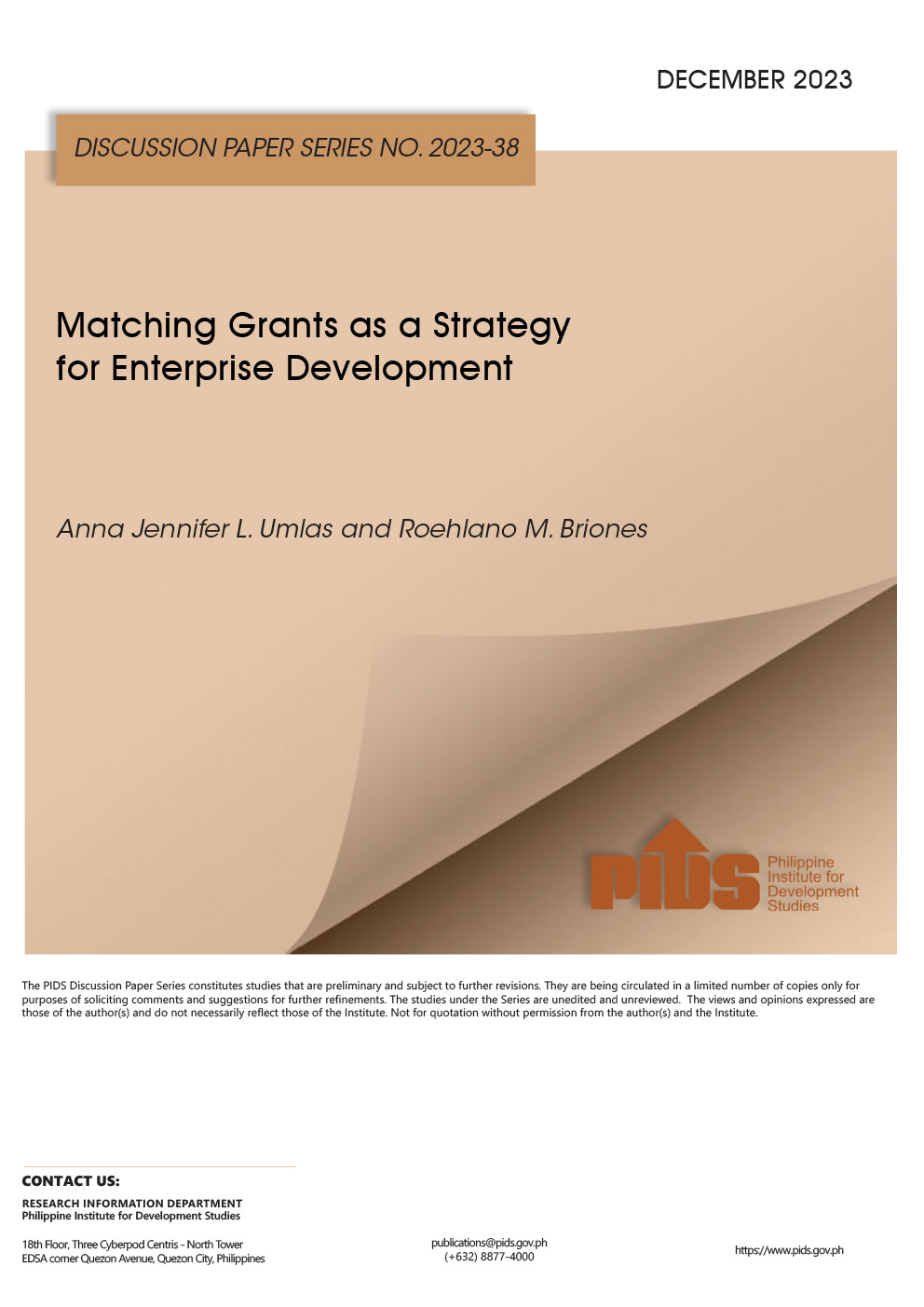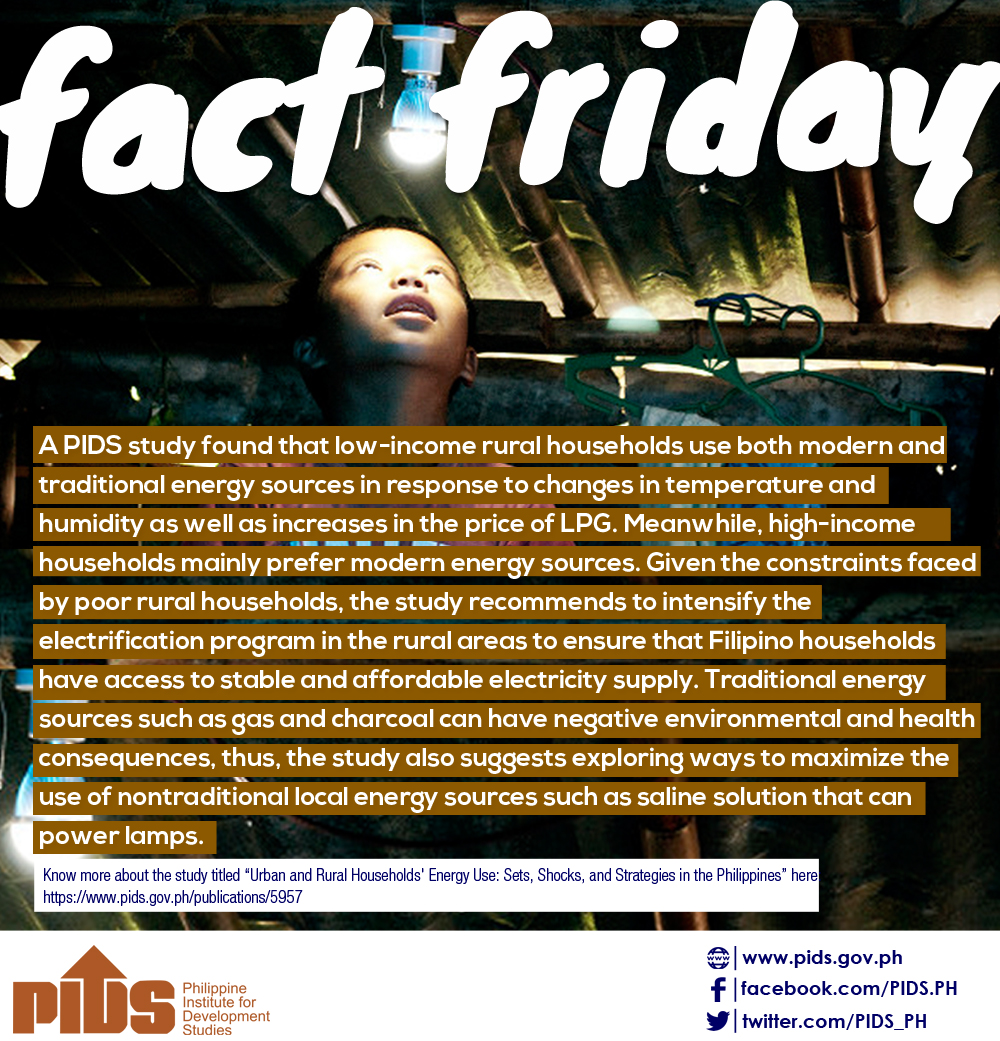AN EXTENSION of lowered tariffs on pork, rice, and corn may not stabilize surging domestic prices for the commodities, analysts said.
Leonardo Q. Montemayor, chairman of the Federation of Free Farmers said the initial tariff reductions had no lasting impact on domestic prices.
“(It) has not resulted in lower prices of rice, pork and corn. The main beneficiaries have been importers and traders, while government revenue and prices obtained by domestic producers have suffered,” Mr. Montemayor said in a Viber message.
Mr. Montemayor added that rice, pork, and corn are expected be in ample supply until the first quarter of 2024, citing the Department of Agriculture (DA).
The DA, however, said there will be a shortage equivalent to 10 days’ demand for pork at the end of the fourth quarter, due to holiday demand.
“Encouraging more imports will only discourage farmers from increasing production,” he said.
Philippine Institute for Development Studies Senior Research Fellow Roehlano M. Briones said allowing lower tariffs to run for longer will “not be enough to stabilize prices” for the three agricultural commodities.
He added that further tariff reductions are an appropriate measure to stabilize market prices of the goods, though protections for domestic producers will erode.
On Oct. 23, the Tariff Commission will hear arguments on the possible extension of the reduced most favored nation tariff rates for rice, pork, and corn.
Executive Order No. 10, signed by President Ferdinand R. Marcos, Jr., extended the lower tariffs on the three commodities until Dec. 31, 2023.
National Economic and Development Authority (NEDA) Secretary Arsenio M. Balisacan said that an inter-agency committee has recommended the extension of the low-tariff regime.
Rice tariffs are currently set at 35% for all imports, regardless of whether they fall within the minimum access volume (MAV) quota. Originally the 35% rate had applied only to grain from Southeast Asia.
Tariffs on pork were set at 15% for shipments falling within the MAV quota and 25% for those exceeding MAV.
Corn tariffs are currently at 5% and 15% for those within the quota and those exceeding it, respectively.
The public hearing is set to be conducted via videoconference on Monday afternoon.
Last month, Mr. Marcos rejected a proposal to further reduce tariffs on rice, citing stabilizing global prices. NEDA had proposed to cut tariffs to as little as 0%.
To curb rice prices, he imposed a national price ceiling for well-milled rice and regular milled rice at P45 and P41 per kilo, respectively, price ceilings which have since been removed.









